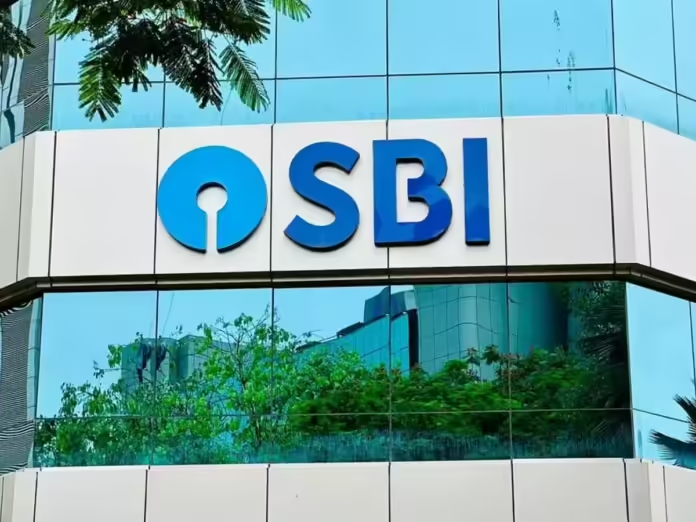SBI Recommends Disinvestment of Public Sector Banks and Consolidation of Government-Owned Banks
The State Bank of India (SBI) has advocated for the disinvestment of public sector banks (PSBs), citing their strong financial health, in its research report released on Monday. The report also suggests the consolidation of existing government-owned banks.
“Given the good condition of banks, the government should proceed with the disinvestment of PSBs,” stated the SBI report titled ‘Prelude to Union Budget 2024-25’.
Regarding the privatisation of IDBI Bank, the report noted that the government and Life Insurance Corporation of India (LIC) are selling nearly 61% of their stake in the lender. Bids were invited from buyers in October 2022, and in January 2023, the Department of Investment and Public Asset Management (DIPAM) received multiple expressions of interest for the IDBI Bank stake. The report anticipates the government will address this in the upcoming Budget. Currently, the government holds over a 45% stake in IDBI Bank, while LIC owns 49.24%.
The report also recommends revising the tax on deposit interest to align with the tax treatment of mutual funds and equity markets, suggesting a flat tax treatment across the maturity spectrum.
“Household net financial savings have declined to 5.3% of GDP in FY23 and are expected to be 5.4% in FY24. Making deposit rates attractive in line with mutual funds could boost household financial savings and CASA,” the report stated. It added that increased depositor funds could lead to additional spending, thereby increasing GST revenue for the government.
The report highlighted the benefits of increasing bank deposits, emphasizing that it would enhance stability in the core deposit base and the financial system while providing financial stability for household savings, given the banking system’s superior regulation and trust compared to other volatile/risky alternatives.
It further noted the disparity in tax treatment, where deposits are taxed on an accrual basis while other asset classes are taxed only upon redemption, advocating for a change in this policy.
The Economic Research Department at SBI also expressed concerns about the Insolvency and Bankruptcy Code (IBC), calling for improvements and faster case resolutions. In FY24, recoveries through IBC were at 32%, with financial creditors losing 68% of their claims, and resolutions took an average of 863 days instead of the prescribed 330 days.
“IBC is crucial for a vibrant secondary market for stressed assets, but this market needs a wider pool of prospective resolution applicants to thrive. The introduction of Special Situation Funds (SSFs) by SEBI is a promising start,” the report added, suggesting that policymakers should make the regulatory regime for SSFs more attractive to stressed asset investors.
The opinions in the report reflect the views of the research team and do not necessarily represent those of the bank or its subsidiaries.
Separately, Akshat Khetan, founder of AU Corporate and Legal Advisory Services, recommended increasing budget allocations to promote mediation, arbitration, and other alternative dispute resolution (ADR) methods to reduce the burden on traditional courts. He also emphasized the need for reforms related to commercial courts, the insolvency and bankruptcy code, and other critical areas.




